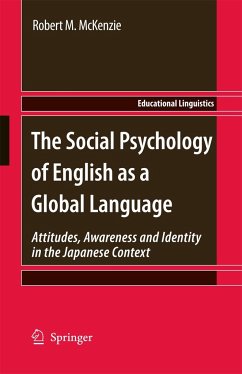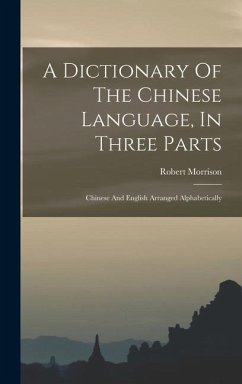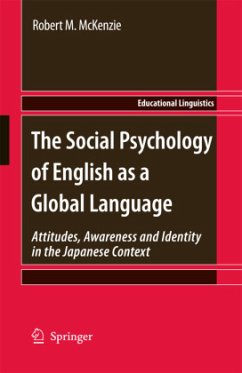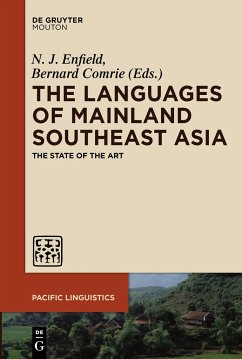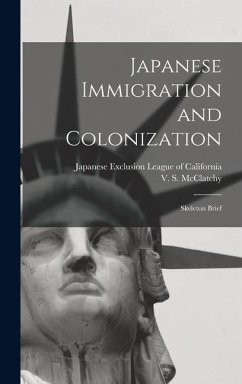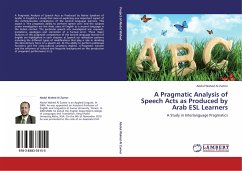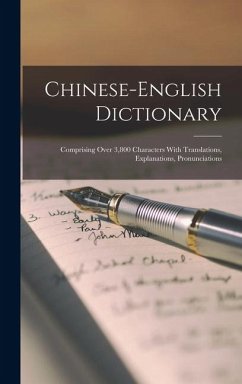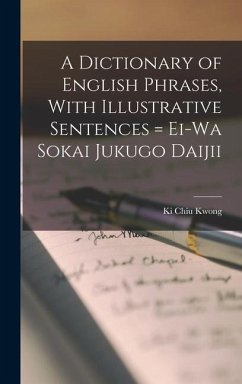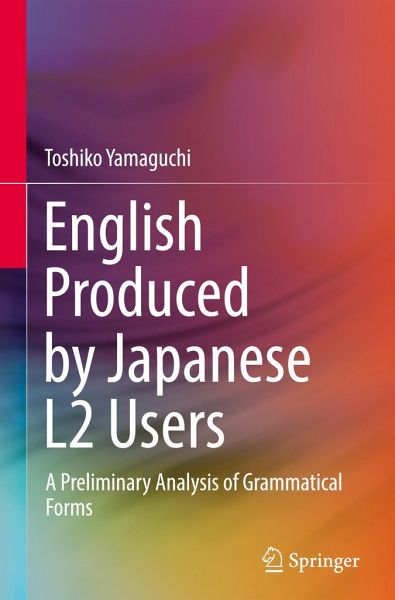
English Produced by Japanese L2 Users
A Preliminary Analysis of Grammatical Forms

PAYBACK Punkte
42 °P sammeln!
This book discusses ten grammatical items, with main focus on prepositions and plural nouns, to illustrate the structure of Japanese English or the English spoken by 32 Japanese nationals who are the L2 users of English. Adopting an inductive, theory-neutral, analysis of empirical data collected from recordings of presentational talks, the author demonstrates how standard and nonstandard grammatical forms are distributed, and categorizes these based largely on functional factors. The book describes grammatical forms as a fundamental aspect of linguistic study and adopts a corpus-driven approac...
This book discusses ten grammatical items, with main focus on prepositions and plural nouns, to illustrate the structure of Japanese English or the English spoken by 32 Japanese nationals who are the L2 users of English. Adopting an inductive, theory-neutral, analysis of empirical data collected from recordings of presentational talks, the author demonstrates how standard and nonstandard grammatical forms are distributed, and categorizes these based largely on functional factors. The book describes grammatical forms as a fundamental aspect of linguistic study and adopts a corpus-driven approach to qualify structural features characterizing usage data. This formalization of language usage patterns also facilitates the development of 'locally' relevant norms and thus presents alternatives to the normative varieties traditionally adopted. It examines the effects of multicompetence and unpacks the grammar of Japanese English. The book is of interest to researchers, educators, and studentsconcerned with issues related to World Englishes, English as a lingua franca, English language teaching, and multilingualism, this text is vital to studies in global English language use.





